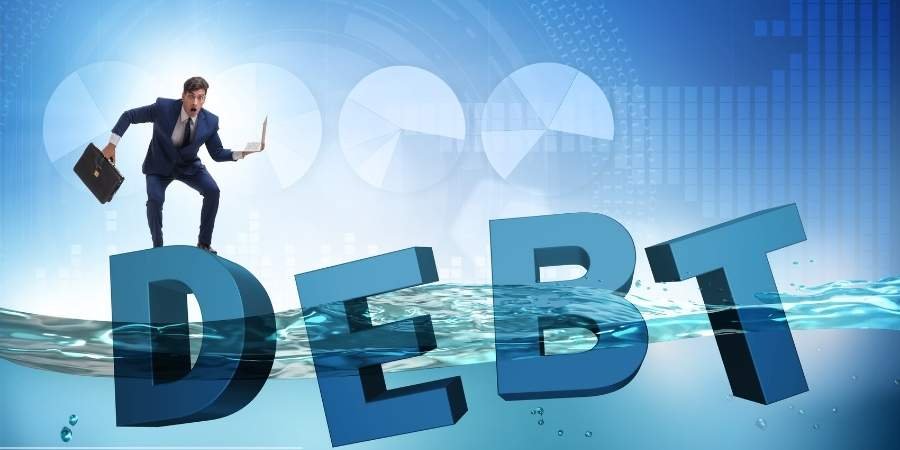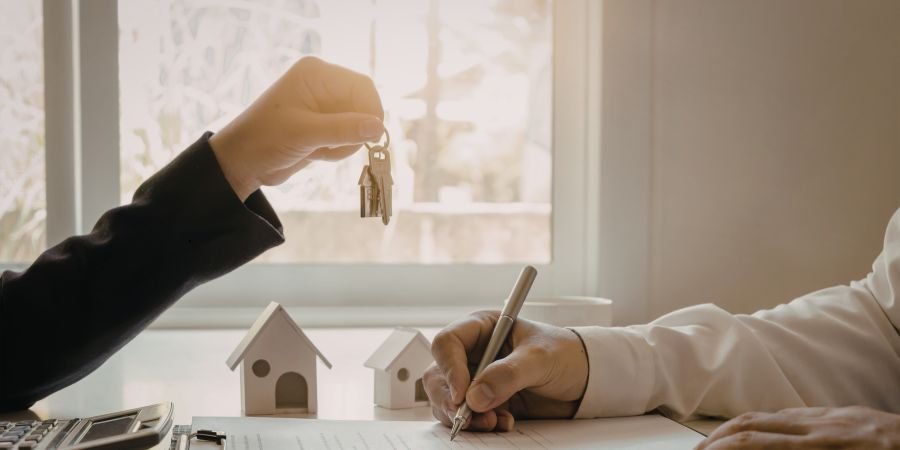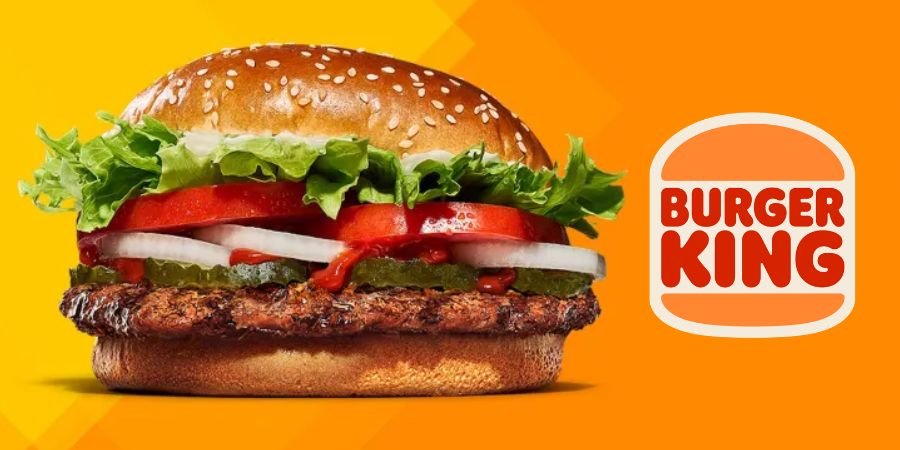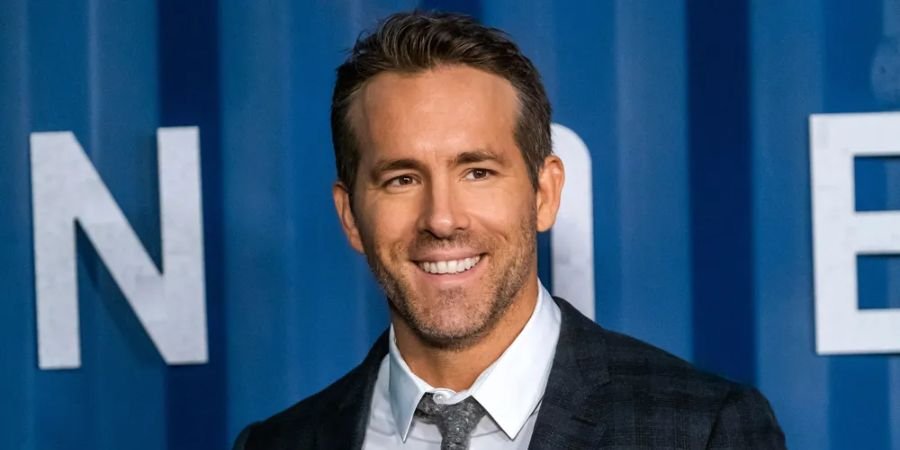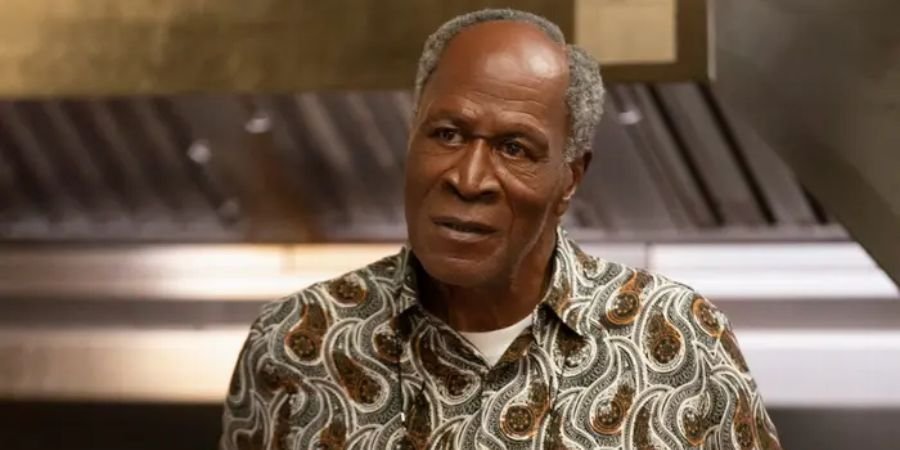There’s a subtle financial issue sweeping the nation. It’s not reckless spending or going crazy, it’s something most people are actually proud of. It’s good debt, and though it sounds innocuous enough, it’s quietly burdening millions of Americans.
We are always told that borrowing money for education, a house, or a vehicle is a good idea. These are “investments” in our future. That’s the reason this type of debt is termed as “good.” But the issue lies there, good debt can turn into a financial trap without anyone realizing it.
Month by month, payments pile up. Interest adds more pressure. And before long, it becomes a cycle where people feel like they’re doing everything right, yet still falling behind.
When Good Intentions Turn Into a Lifelong Burden
Assume a person takes out a student loan to attend college. Sense of reason, college educates, creates opportunities, right? What if, however, the post-college employment is not lucrative enough to pay back the loan? That recurring monthly payment lingers for decades.
The same holds true for the purchase of a home. The American dream of homeownership is attainable for most. But if an individual is house-rich and cash-poor, there is tension. Mortgage payments, upkeep, property taxes, it all equates.
Even car loans, which enable people to commute to work, last for years. And too often, when one vehicle is paid off, another loan starts.
In those cases, debt might have begun innocently, but it winds up ruling daily life. That’s the invisible crisis. People work hard, pay on time, and still don’t feel secure financially.
The Pressure Behind the Smile
Everything from the outside can appear okay. A house, a university degree, possibly a newer automobile in the driveway. But below the surface, there is concern. Concern about being able to pay bills. Fear of one random bill derailing the whole budget.
This is where personal finance is more than figures. It’s a matter of mental health. It’s about being trapped.
Lots of Americans think they’re living check to check, not because they’re irresponsible, but because their so-called “good” debt is consuming most of what they earn.
They’re instructed to invest in their future. But what if those investments come to feel more like shackles?
How the Financial System Encourages the Cycle
Banks, schools, and lenders tend to have good debt framed as a good option. Sure, it gets individuals credit and into their goals. But there is more to it.
It is easy to borrow in the system, but difficult to ever get out of debt. Student loans cannot be eliminated through bankruptcy. Mortgages are saddled with years of interest. Auto loans come with sneaky fees.
This traps individuals in a cycle of paying and never being free. And it’s not always the case of overspending, it’s a case of being over-promised.
Knowing the reality about personal finance breaks the cycle. It’s not merely a matter of budgeting. It’s learning how to recognize when the system is working against individuals, even when they believe they’re doing the right thing.
Time to Rethink What “Good” Really Means
Not all debt is evil. But it’s high time to end the era of calling all of it good. If it’s keeping someone up at night, restraining them from saving, or preventing them from living life to the fullest, is it so good?
The best practice is to question first before incurring debt. Will this actually make life better in the long term? What’s the overall cost? What’s the plan B if income fluctuates?
For instance, refinancing or paying off high-interest debt ahead of schedule. So can restructuring a budget to prioritize savings and not monthly payments.
By being real about what good debt actually is, more individuals can gain financial peace, not merely financial responsibilities.
Finding a Healthier Way Forward
There’s no magic trick to escape this. But small steps can go a long way. Learning about personal finance, cutting back where possible, and finding support when needed can create real change.
This silent crisis doesn’t need to stay silent. By talking about it and understanding the warning signs, it’s possible to shift from just surviving with debt to actually thriving with freedom.
Americans should do better than mere bill-paying, they should have a life in which their own efforts construct a future they can appreciate.
Read Also: 5 Major Investments Made by Khalifa bin Butti al Muhairi That Changed the Business World

